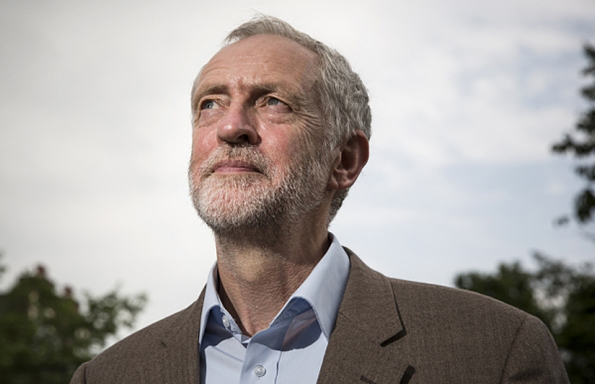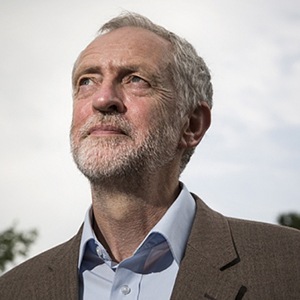
Jon Tonge is Professor of Politics in the University of Liverpool’s Department of Politics
“Jeremy Corbyn Prime Minister? Is it even remotely possible? The best odds available are 8/1, shorter at least than the 100/1 obtainable for Corbyn to become Labour leader a few months ago. There are a few – but not many – things that make a Corbyn premiership just about possible.
The biggest factors in Corbyn’s favour are external to the Labour Party. There may be trouble looming for the Conservative Party in two areas; first the EU referendum will divide the party. Cameron’s ‘renegotiation’ of the UK’s conditions of membership will not satisfy a significant chunk of his parliamentary party and the Conservatives may enter the 2020 election much less unified than in 2015. Secondly, a potentially divisive and volatile leadership contest looms. Boris versus Jeremy on the ‘Who Would Make the Best PM?’ question might produce interesting poll ratings.
However a Conservative implosion may be a necessary but insufficient condition for a Labour victory. Corbyn has given no indication whatsoever as to how he intends to win over the 11.9 million people who voted Conservative a few months ago. Perhaps they are all suffering from false consciousness? Yet if those voters couldn’t bring themselves to back a Miliband-led Labour Party, where is the evidence they might switch to Labour with Corbyn at the helm? Even in Scotland, it is unclear how Corbyn’s Islington-Left politics will bring back the 40 seats lost in 2015.
Corbyn thus is reliant upon mobilising new voters for the Labour cause, as part of his broad social movement approach. There is some merit in this strategy, in seeking to attract those disaffected and disillusioned by traditional, often cynical and tired, politics by offering new forms of emancipatory political participation. One-third of the electorate did not vote in May this year and many of those, according to the British Election Study, had previously indicated a preference for Labour. Corbyn thus hopes to turn lukewarm and abstentionist pro-Labour sympathisers into enthusiastic Labourites only too keen to make their mark at the polls.
Whilst there is logic in the mobilisation approach, it does not put Labour ahead on the two issues which cost the Party dear in 2015. ‘Who would make best Prime Minister? – on which Miliband trailed Cameron from Day 1 and never threated to close the gap and ‘Which party do you think is better able to handle the economy?’ – on which Labour has trailed, apart from brief periods, since 2008. It is these issues which are likely to be just as salient in 2020 – far more so than sensationalist treatment of Corbyn’s supposed links with Hamas, Hezbollah and the Provisional IRA, which nowadays amounts to support for a Palestinian state and the Good Friday Agreement – shock, horror. Corbyn has also given no indication, policy-wise, of how he might win the 3.9 million UKIP voters in 2015 – and it is difficult to see how there can be a meeting of minds.
Although the Labour Party doesn’t do ruthless regarding its leaders (Michael Foot fought an election as leader and Neil Kinnock was even allowed two defeats, remember) the new incumbent is nonetheless vulnerable to challenge. Only 20% of the party’s MPs – a mere 47 – are needed to trigger a challenge. There are plenty more than 47 who don’t want Corbyn as leader, but they will stay their hand – for now.
So Jeremy Corbyn PM is just about possible. But I wouldn’t take the 8/1.

Superb article; objective and inciteful. Refreshingly free of all the sensationalist anti-Corbyn rhetoric present in the mainstream press. For the record, I’m neither a Corbyn supporter or detractor.